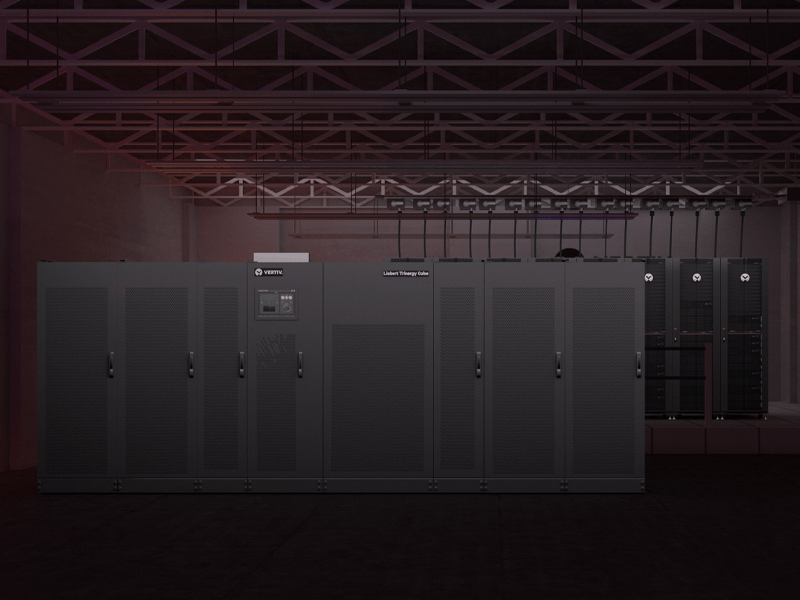
Different Approaches to “Modularity” and
Their Benefits
December 02, 2021
The adoption of modularity has been pursued with some precise competitive advantages in mind. For instance, for an end user of an uninterruptible power supply, the following benefits can be pointed out:
- The possible built-in redundancy representing a sort of insurance against possible failures
- Scalability, again, a sort of insurance that the product can evolve over time with the possibility of adding a module when needed
- The service continuity given by the ability to replace a module while always keeping the load protected
- Simplified issue management thanks to easier diagnosis, isolation and resolution of potential problems
- Shorter lead time for the delivery of the product
- Quicker repair time thanks to the hot swappability of entire modules
From a strategic management and product development stand point, it is also easy to see how modularity leads to:
- Reduction of the time-to-market thanks to the development of different modules in parallel and the ability to build different product ratings by the simple addition of one or more modules
- Enhanced flexibility and customizability of the product offering thanks to the different possible combinations of standard modules (“customized standardization”)
- More efficient stock management
- Enhanced effectiveness of quality controls as these spread their benefit across a complete platform
Several approaches have been taken in developing a modular product or product family, each reflecting a different degree of modularity. In fact, modularity is a relative propriety and the bipartition between “integral” (or “monolithic”) and “modular” products is just too simplistic.
There are some underlying concepts such as Modularity, Commonality, and Combinability that help to define the level of modularity and extend the scope of modularity itself.


